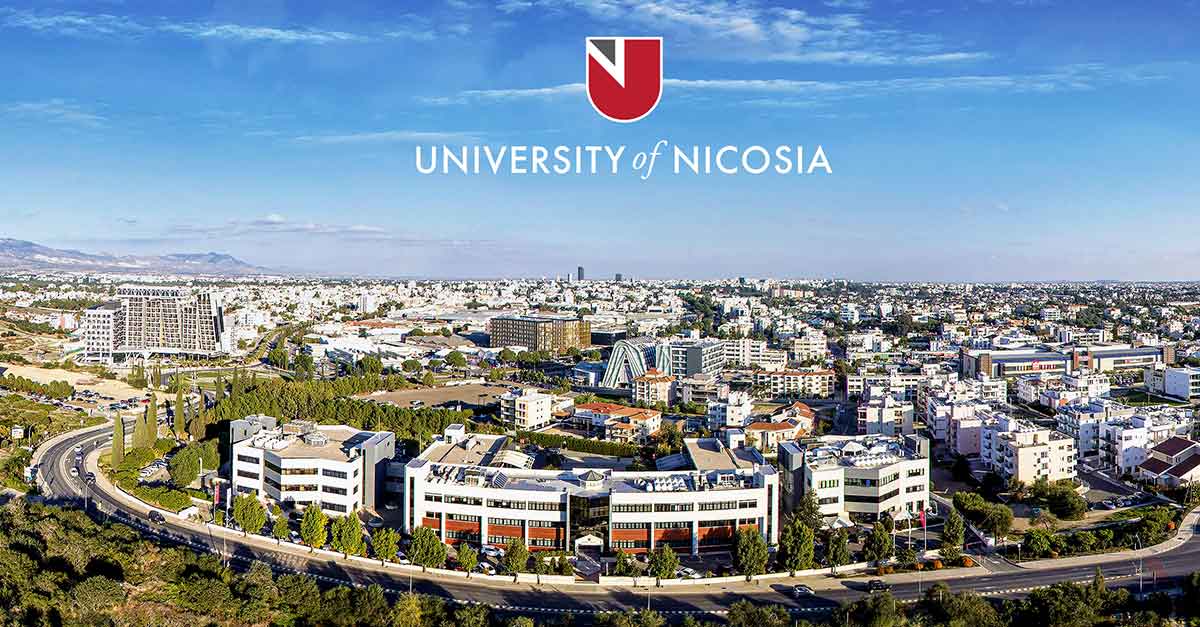Air Purifiers may increase the spread of airborne viruses
University of Nicosia researchers Dbouk and Drikakis return with important input as relates to COVID-19 and confined spaces. According to their latest paper in Physics of Fluids, adding ventilation increases the rate at which potentially infected air can circulate in compact spaces.
The positions of air inlets and outlets in confined spaces, such as elevators, greatly affect airborne virus transmission.
In their fourth AIP paper (on airborne virus transmission in elevators and confined spaces), published last week in Physics of Fluids, Dr. Talib Dbouk and Professor Dimitris Drikakis, from the University of Nicosia (UNIC) in Cyprus, show that while air purifiers would be expected to help, they may actually increase the spread of airborne viruses.
Air quality in small spaces can quickly degrade without ventilation. However, adding ventilation will increase the rate at which air, possibly laden with viruses, can circulate in the small space. Elevator manufacturers have added air purifiers to take care of this problem, but the systems have not been designed to account for their effect on overall air circulation.
Air purifiers use ultraviolet radiation to kill viruses and other microbes, but they also circulate air, sucking it in and exhausting cleaned air. This adds to overall circulation, an aspect that has not been considered in previous research.
Previous work from this research group indicated that droplets of saliva can travel 6 metres in five seconds when an unmasked person coughs. The authors extended the same model to examine the effects of face masks and weather conditions, incorporating their findings into their epidemiological models along the way.
This new work involved conducting calculations for a 3D space equivalent to an elevator capable of holding five people. A mild cough was simulated at one position in the space, and air inlets and outlets were added in various locations to study their influence on circulation. An air purifier was also included in the simulation.
“We quantified the effect of air circulation on airborne virus transmission and showed that installing an air purifier inside an elevator alters the air circulation significantly but does not eliminate airborne transmission”, noted author Dimitris Drikakis.
Indeed, the investigators found the risk of airborne virus transmission is lowest for low ventilation rates. “This is due to reduced flow mixing inside the elevator”, explained author Talib Dbouk. “Regulatory authorities should thus define the minimum ventilation required depending on the type of building”.
The present study looked at the role of an air purifier, considering only the air intake and exhaust associated with the purifier, but not the mechanism inside the purifier that kills the virus. However, the researchers concluded that even with an air purifier in place, airborne virus transmission is still significant.
“Our results show that installing an air purifier may increase the droplet spread”, remarked Drikakis. “The air intake integrated inside the purifier equipment induces flow circulation that can add to the transport of contaminated saliva droplets in the cabin”.
The observed effect is compounded by the number of infected persons in the elevator. Restricting the number of people allowed in an elevator would therefore minimize the spread of the virus. At the same time, the present findings would be extremely helpful when considering future (re)designs of air purifiers and ventilation systems.
Those interested can find out more about Dbouk and Drikakis’s latest research findings, as well as access the full paper published in Physics of Fluids via the University of Nicosia website: www.unic.ac.cy/coronavirus/confined-spaces/.
The authors’ series of AIP articles are also featured on the University’s dedicated Coronavirus Health and Research Portal, along with resources focused on the novel coronavirus, including an online COVID-19 diagnostic tool, healthy living tips, and ongoing UNIC faculty research and analysis. Many UNIC faculty are actively involved in helping respond to the unprecedented public health and societal challenge the pandemic has caused and welcome collaborations with other universities or stakeholders. Please contact the University of Nicosia at [email protected] if there is interest in collaborating on COVID-19 related research.
ABOUT THE JOURNAL
Physics of Fluids is devoted to the publication of original theoretical, computational, and experimental contributions to the dynamics of gases, liquids, and complex fluids.
Source: Air Purifiers may increase the spread of airborne viruses | Cyprus Times




